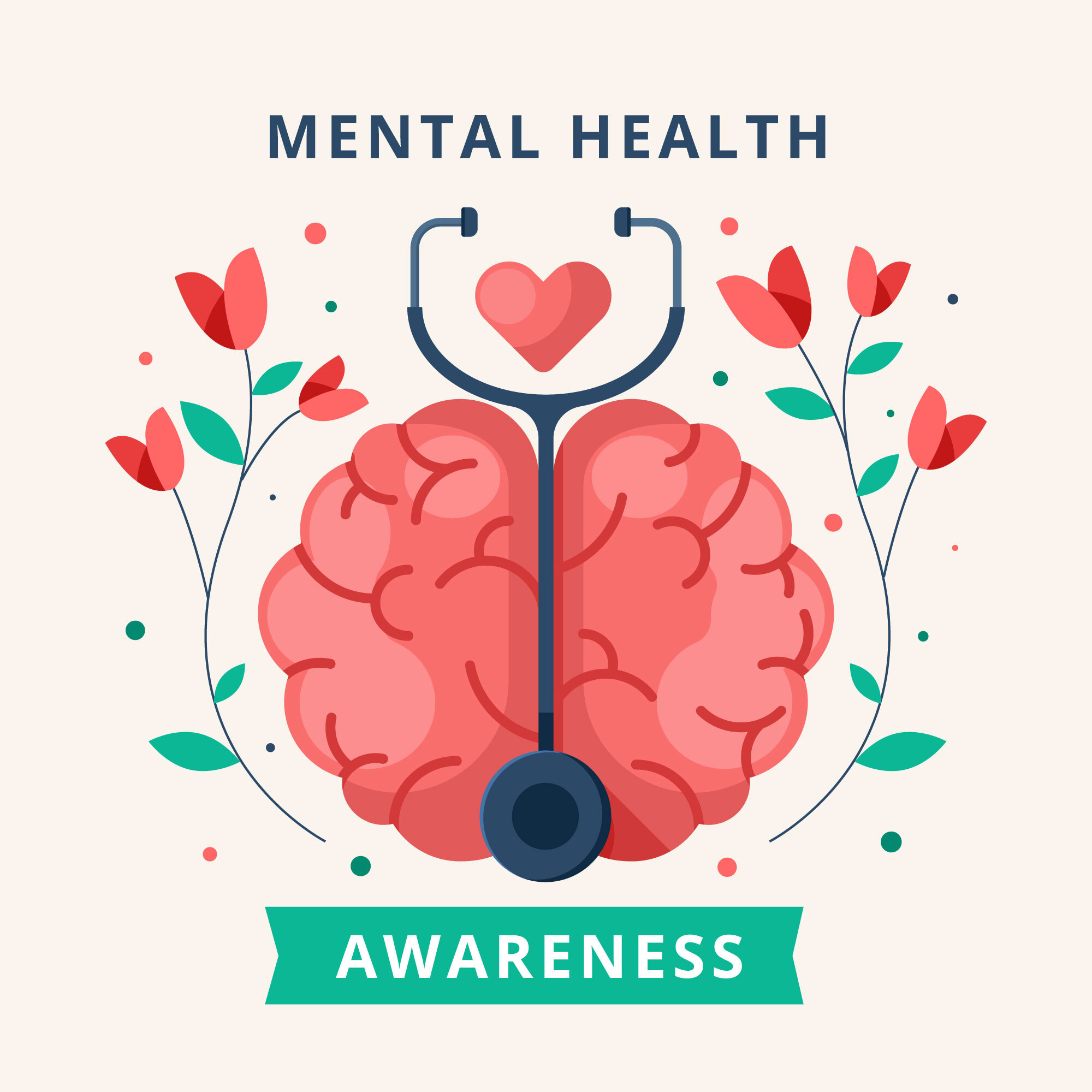Mental health, an integral aspect of our overall well-being, often takes a back seat in discussions due to the persisting stigma surrounding it. The negative attitudes and beliefs associated with mental health issues hinder open conversations, prevent seeking help, and perpetuate misunderstanding. However, transforming societal perspectives on mental health is not only crucial but entirely feasible through collective efforts. In this comprehensive blog, we will explore the origins of mental health stigma, its impact, and concrete steps that individuals, communities, and society as a whole can take to dismantle these barriers.
Understanding Mental Health Stigma:
Historical Roots: Begin by delving into the historical context of mental health stigma. Explore how misinformed beliefs about mental disorders have been perpetuated over time, leading to ingrained societal biases.
Media Influence: Analyze the role of media in shaping public perceptions. Discuss how portrayals of mental health in movies, TV shows, and news often contribute to the reinforcement of stereotypes.
Cultural Perspectives: Highlight the influence of cultural factors on mental health stigma. Different cultures may have distinct views on mental health, and understanding these perspectives is vital for a nuanced discussion.
The Impact of Stigma on Individuals:

Barriers to Seeking Help: Examine how stigma creates significant obstacles for individuals seeking mental health support. Fear of judgment and discrimination often deters people from reaching out for assistance.
Isolation and Discrimination: Discuss the isolating effects of mental health stigma. Individuals may feel marginalized and discriminated against, exacerbating their mental health struggles.
Impact on Treatment: Explore how stigma affects the quality of mental health treatment. Prejudice can result in inadequate resources, delayed intervention, and suboptimal care for those in need.
Addressing Mental Health Stigma:
Educational Initiatives: Propose the implementation of educational programs at various levels. Schools, workplaces, and communities should actively engage in destigmatizing mental health by providing accurate information.
Promoting Open Conversations: Advocate for open conversations about mental health. Normalizing discussions around mental well-being fosters an environment where individuals feel comfortable sharing their experiences without fear of judgment.
Media Literacy Programs: Suggest the need for media literacy programs to encourage critical thinking regarding mental health portrayals. Media outlets can play a pivotal role in reshaping narratives and dispelling myths.
Storytelling as a Tool: Emphasize the power of personal narratives. Sharing stories of resilience and recovery can challenge stereotypes and inspire empathy, fostering a more compassionate society.
Changing Workplace Cultures:
Mental Health Policies: Discuss the importance of implementing mental health policies in workplaces. Companies can create supportive environments by offering resources, counseling services, and flexible work arrangements.
Anti-Stigma Campaigns: Propose the launch of anti-stigma campaigns within organizations. These campaigns can include workshops, seminars, and resources to educate employees about mental health and challenge existing biases.
Community Involvement:

Community Support Groups: Highlight the role of community support groups. Creating safe spaces for individuals to share their experiences can build a sense of belonging and reduce feelings of isolation.
Local Mental Health Resources: Encourage communities to invest in local mental health resources. Having accessible services ensures that individuals can seek help without facing logistical barriers.
Legislative Measures:
Anti-Discrimination Laws: Advocate for stronger anti-discrimination laws. Legal frameworks can play a crucial role in protecting individuals with mental health conditions from unfair treatment.
Healthcare Accessibility: Stress the importance of equitable healthcare access. Adequate mental health services should be available to everyone, regardless of socioeconomic status.
Conclusion:
In conclusion, transforming the stigma around mental health is a multifaceted endeavor that requires collaboration at individual, communal, and societal levels. By understanding the origins of stigma, acknowledging its impact, and actively working to dismantle it, we can pave the way for a more compassionate and inclusive society. It is a journey that begins with education, open conversations, and a commitment to fostering understanding and empathy. As we collectively challenge stigma, we contribute to a world where mental health is prioritized, and every individual feels supported on their journey to well-being.


